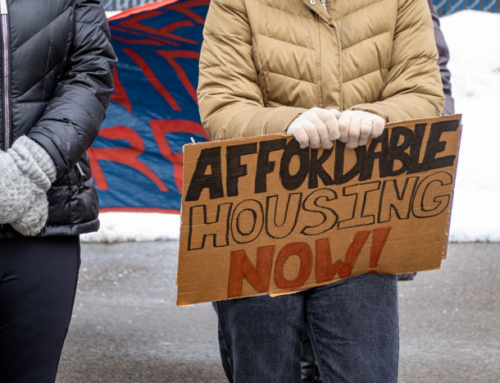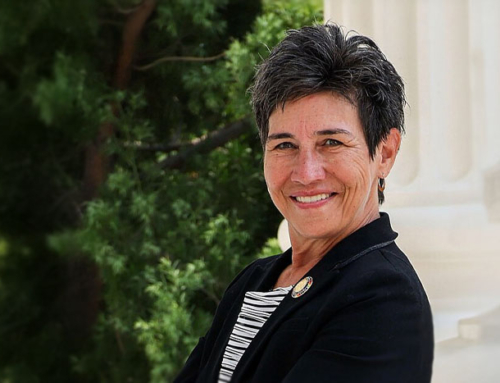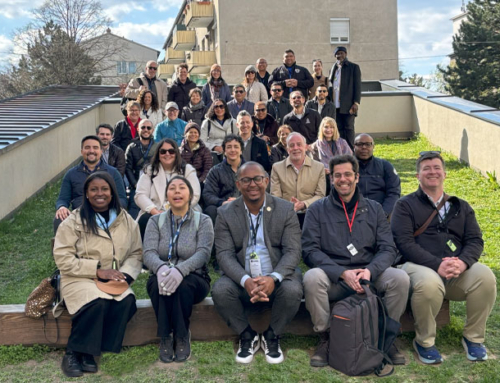In March and April, the Little Hoover Commission held three hearings to discuss the California Environmental Quality Act (CEQA). The first hearing featured speakers who support and who oppose CEQA amendments, with the second hearing featuring speakers who discussed the impact of CEQA.
Agendas and video of the first hearing are available on the Little Hoover commission website.
CEQA was enacted in 1970 to ensure that new development does not adversely impact the environment. While the law has good intentions, it has also been abused by people opposed to development or who seek concessions in return for projects moving forward. There is disagreement over the extent of the law’s impact on development, but many developers claim that the mere possibility of a lawsuit, which can extend a project’s timeline by years and escalate costs by millions of dollars, is reason enough to avoid involvement in a specific project.
Because it only requires one person to lodge a complaint, it is not hard for an opponent to challenge a development. A recent case in Livermore has been the poster child for CEQA reform, with a group known as “Save Livermore Downtown” delaying development of a 130-unit affordable development for five years. The appellate court sided with the City and the developer, Eden Housing, earlier this year but the local group has now appealed to the California Supreme Court. Another project in Lafayette, which was proposed in 2011 and had its Environmental Impact Report certified in 2013, has been held up due to litigation from a group called “Save Lafayette.” The group recently lost its fight but has also appealed the ruling to the California Supreme Court.
Governor Newsom has approved more than a dozen bills to respond to CEQA challenges and expressed his strong support for additional improvements after a case in Berkeley prevented the University of California from building affordable student housing at the site of People’s Park.
According to the Hoover Commission, it will debate both sides, looking at the law’s environmental protections as well as its impact on housing and land use. It will then look at the process and look at whether changes are needed and how those changes might be applied. Anyone interested in more information should contact Tristan Stein at [email protected] or sign up to be notified about meetings or events at https://bit.ly/LittleHooverNews.
© LeSar Holdings/LeSar Development Consultants. All Rights Reserved. Please be advised that any republishing of copyrighted material provided by our organization, in whole or in part, requires prior written authorization. For permission, please reach out to [email protected]. We appreciate your understanding and compliance in upholding copyright laws.






















